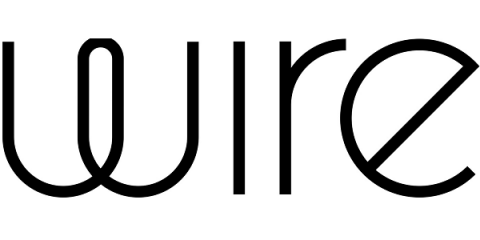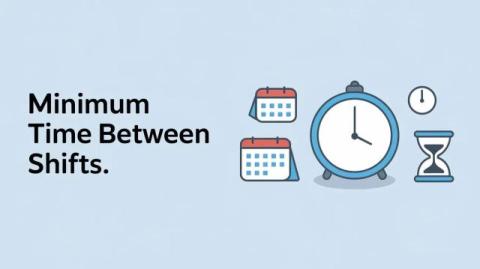Sponsored Post
3 Primary Differences Between CRM Tools and Workflow Management Software
When companies think of tools for managing customer relationships and internal operations, CRM (Customer Relationship Management) software is often one of the first to come to mind. CRMs are powerful tools for tracking leads, managing sales pipelines, and ensuring smooth customer acquisition. However, once a customer is closed and the focus shifts to delivering services, companies often realize that CRMs alone are insufficient. This is where workflow management software becomes essential.











